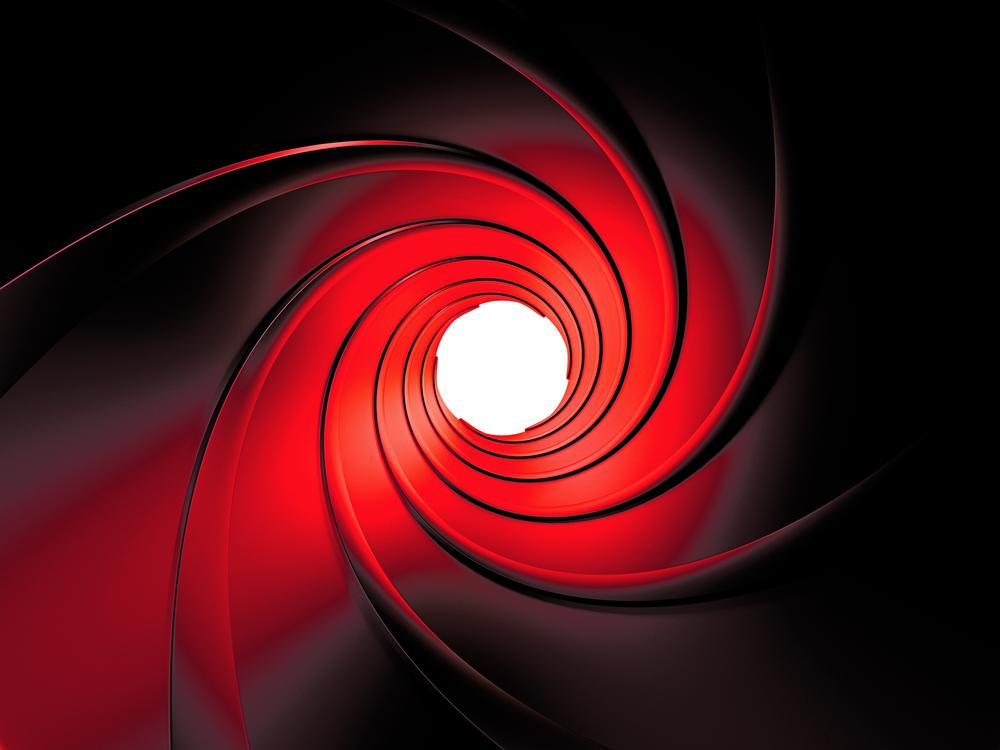
Bond, Chess Bond
Filmmakers love to use chess in their movies to emphasize the protagonist's intellectual abilities.
Naturally you can see chess in many spy movies, since even a regular scoresheet looks like secret code for non-chess-players. Reportedly, postal chess was even banned in the U.S. during World War Two out of fear that the postcards with chess moves could actually contain secret messages.
One of the most famous Hollywood chess scenes happened in the second installment of James Bond movie series, From Russia With Love.
You may have recognized the famous game shown on the screen, and that White's pawns on d4 and c5 were removed to make the situation more dramatic:
And what about the real life? There are reports about some famous chess players being spies. You can even find a book on Amazon named Paul Morphy: Confederate Spy. Since I am not a history buff, I cannot say much on the subject.
Meanwhile, throughout my chess career I've seen and heard about many examples of spy-like efforts to get information about an opponent's opening preparation. Some of them are well known. When Max Euwe was traveling to Moscow to participate in the 1948 world championship, his opening notebooks were seized by customs, who suspected that the weird symbols like Lg5 could be some hidden spy code.
A couple of days later the notebooks were cleared and returned to the owner. Was it just coincidence that the tournament turned out to be one of the worst in Euwe's chess career and in some of the games he was completely crushed in the opening?
One of the most elaborate methods to obtain information about an opponent's openings was employed during the infamous 1984 world championship match. Bookmakers were giving odds for everything related to the match: results, number of moves, openings, etc. Here is what Garry Kasparov says in his book about the match:
As it later transpired, from the 1st to the 11th game one of my helpers, Iossif Dorfman, secretly played on the match totaliser, and before the 7th game he bet that in reply to 1 d4 it would be a Tarrasch Defence, but the totaliser was run by a man who was close to the Karpov camp.
Today, at a time when Fabiano Caruana's team showed the whole world the content of the challenger's computer, it is difficult to even imagine the level of spy games in big matches of the 1970-1980s.
During the 1972 Spassky-Fischer match, the chairs of both players were x-rayed in order to find electronic devices that might have been hidden there. The fear of eavesdropping was so overwhelming that when Anatoly Karpov discussed with his seconds the openings he was going to play next day, they used code-names only. Once it was decided to play an "ashtray," and the very next day a mega-novelty of GM Zaitsev was employed:
It was not always about openings. When Bronstein was playing his world championship match vs. Botvinnik in 1951, a mysterious tenor was practicing his arias next to challenger's hotel room. For some strange reason he preferred to do it every morning around 6 a.m. Bronstein complained to his close friend Boris Weinstein, who had some very powerful friends.
Pretty soon, construction work started next to the Botvinnik residence. The heavy machinery started work every morning at 6 a.m. A meeting was called where representatives of both teams discussed the situation. The very next morning the mysterious tenor as well as the heavy machinery completely disappeared.
These days we have 12-year-old grandmasters and who knows, maybe the next world champion will be a 15-year-old kid. So children need to learn the spy games as early as possible. That's why the Russian chess federation decided to hide the games played in the last national junior championship. As the head coach of the Russian national team put it: "Why give our foreign opponents information about our players?"
Of course, almost immediately the games became available on the black market, but that is a completely different story.






